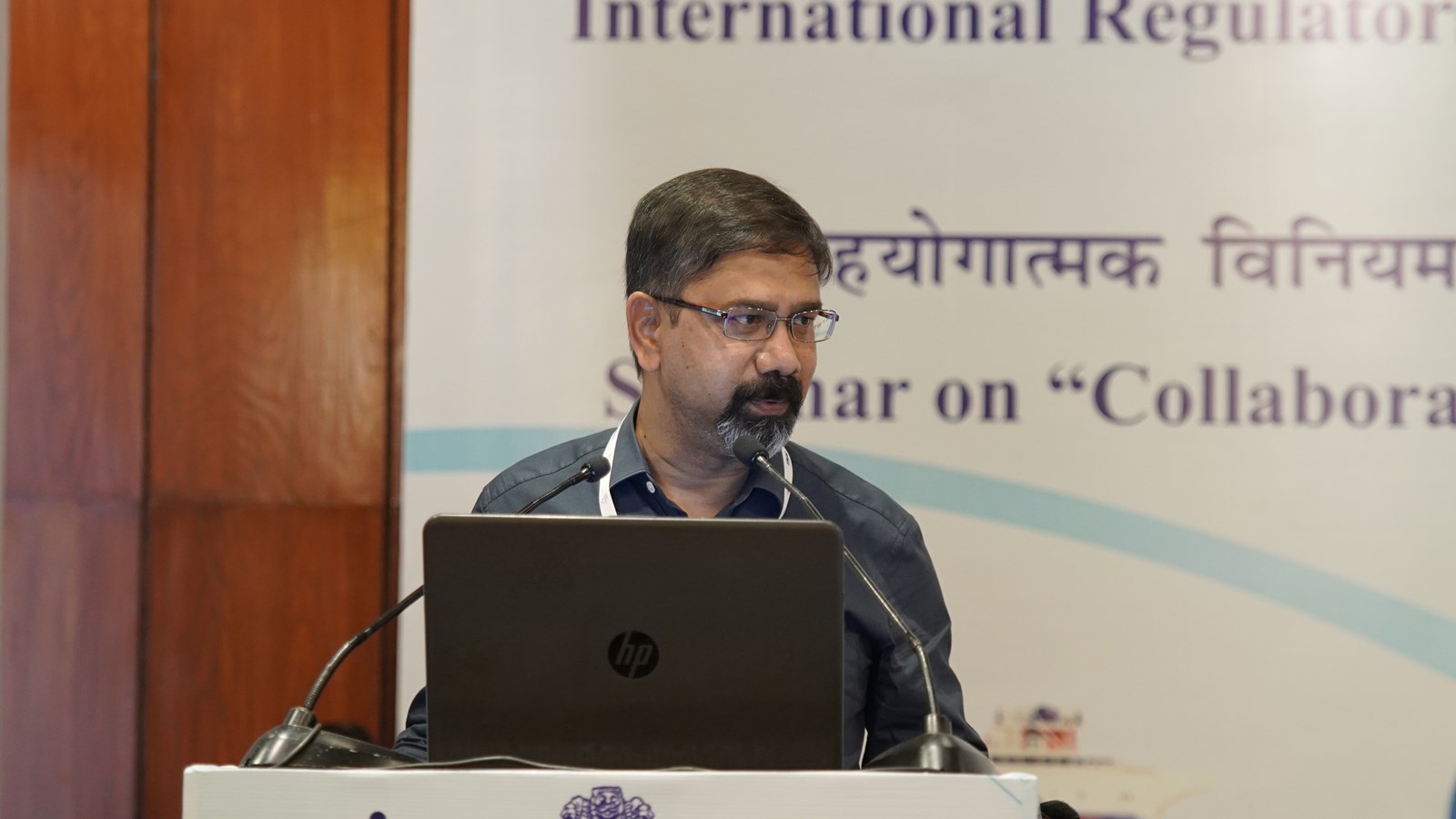Residents of Hebbagodi, a neighborhood in Bengaluru, took to the streets on Thursday to voice their opposition against the Bangalore Metro Rail Corporation Limited (BMRCL) for naming the upcoming Hebbagodi Metro station as ‘Biocon Hebbagodi Station.’
Full Story:
The genesis of the controversy dates back to 2020 when Biologics India Ltd and Syngene International Ltd inked a Memorandum of Understanding (MoU) with the BMRCL. This agreement pledged a sum of Rs 65 crore for the construction of Hebbagodi Metro Station on Hosur Road. As an additional contribution, Biocon provided land valued at Rs 30 crore for the metro project. The station is a pivotal component of the new 18.82 km metro line (Reach 5) from RV Road to Bommasandra, currently underway as part of Phase II of the Bangalore Metro Rail Project, with an estimated cost of Rs 5,744 crore.

Source: India Today
BMRCL officials defended their decision, stating that collaborations with private stakeholders are integral to enhancing metro project activities. Encouraging companies to contribute funds to the project, they explained that acknowledging such partnerships involves adding a prefix of the company’s name while retaining the locality’s name. This practice, according to BMRCL, serves as a recognition of the substantial financial support provided by private entities.
The BMRCL emphasized that their policy actively encourages collaborations with private companies to strengthen metro project initiatives. Companies willing to invest in and contribute funds to the metro development are welcomed, and the BMRCL acknowledges their support by incorporating a prefix of the company’s name in the station’s nomenclature.
In an attempt to strike a balance between local identity and corporate collaborations, the BMRCL ensures that the company’s name is added as a prefix, yet the locality’s name remains a significant part of the station’s identity. This compromise seeks to recognize the financial contributions made by private entities while preserving the essence of the locality.

Source: The Indian Express
Moreover, BMRCL officials highlighted that, in tandem with recognizing corporate contributions, they also ensure the provision of distinct access points to the metro stations from the company’s workplace. This dual approach aims to integrate the station seamlessly into the local landscape while acknowledging the role of private entities in facilitating metro infrastructure development.



















































































